Tidal wave of political text messages hits campaign home stretch
Campaigns rely on text messaging to drive voter turnout during COVID-19.
The pandemic election of 2020 is boom time for political text messaging.
Campaigns and independent advocacy groups are inundating voters' cellphones with a record number of texts that analysts say could number in the billions.
"We've definitely seen this year that more people, more campaigns are using it and that is having an impact. I think people are getting a little bit frustrated," said Jessica Alter, co-founder and CEO of Tech for Campaigns, a left-leaning nonprofit. "Not to say that texting isn't still powerful, but it's definitely increased this year."
The Trump campaign has said it will send more than a billion texts this cycle. MoveOn, a progressive group pushing voter turnout, told ABC News it's already sent 350 million. The Biden campaign and other voter mobilization efforts have contributed hundreds of millions more.
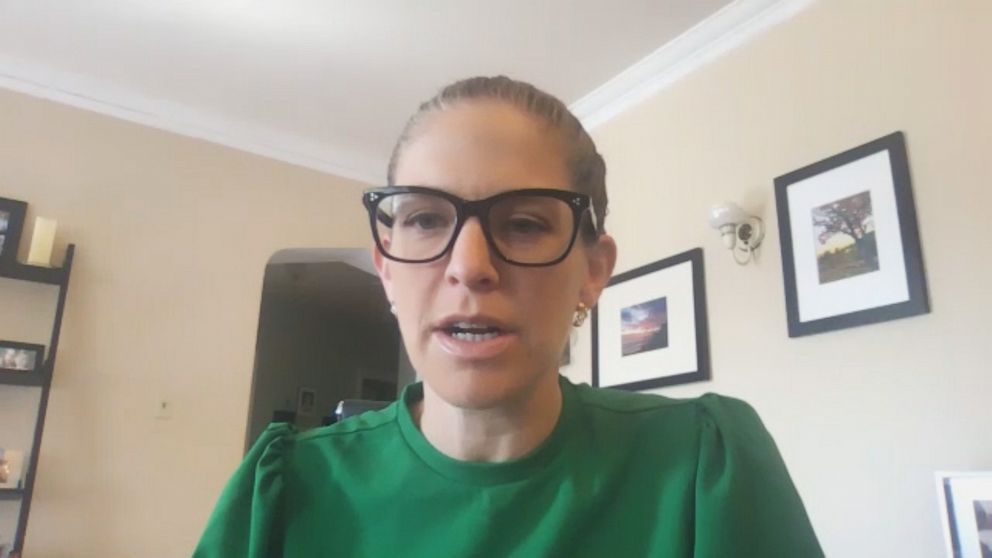
The messages are coming fast and furious from both sides in the final hours of the campaign, eclipsing door-knocks as the go-to method of voter outreach because of COVID-19.
"We had a texting party at my house -- six women around the table. We had some wine, some cheese and crackers, and I gave them a little script to get them to encourage their friends and families to get out and vote," Virginia voter Patti Hidalgo Menders told ABC News.
The get-out-the-vote push is being propelled by special political texting apps that tap publicly available voter registration records to load phone numbers automatically and allow armies of volunteers to send scripted messages with the tap of a thumb.
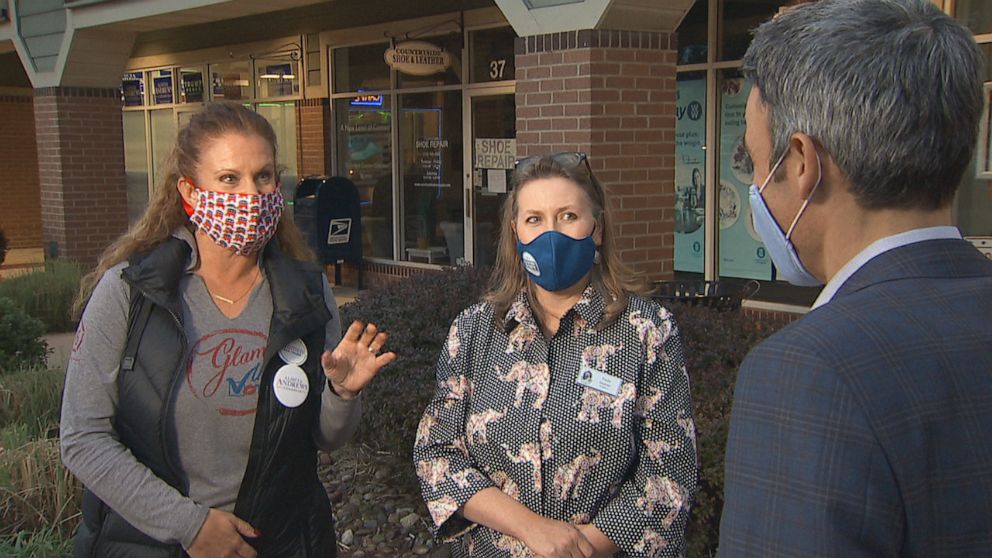
"You have maybe 100 text messages assigned to you, and you just click 'Send' and it sends off the message, and you send it to the next person, and you click 'Send' until you've sent it to everyone," said Emily Isaac, voter mobilization director for MoveOn, who demonstrated the tool for GMA3 and ABC News Live.
"A lot of people might think it's a robot; it's totally not. It's a human, it's a volunteer," Isaac said. "You could be sitting, you know, watching Netflix just hanging out."
Most robocalls and robotexts are illegal without an individual's prior consent. But the Federal Communications Commission, which regulates unsolicited commercial calls, says campaign outreach initiated by a real person is exempt from the Do Not Call List.
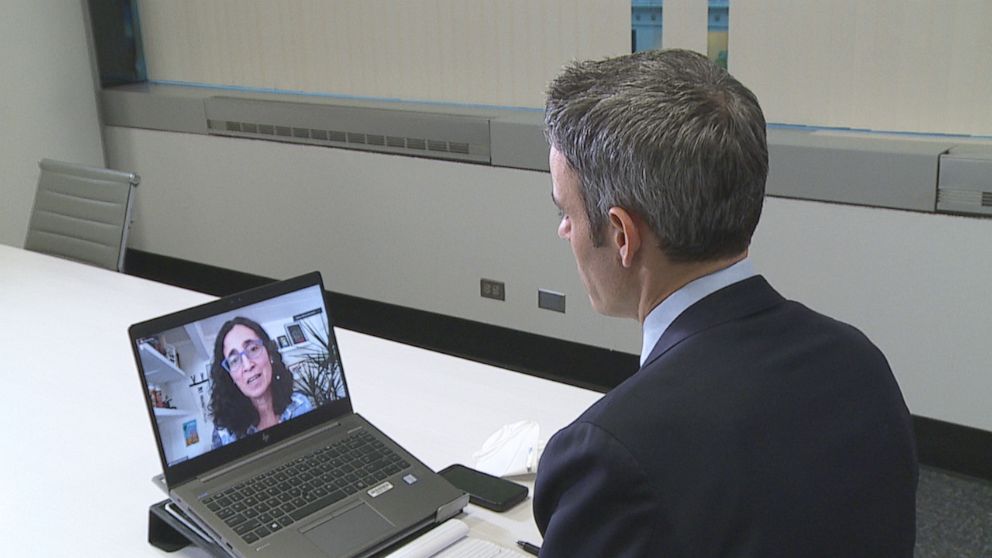
"Texting has been around for a long time and there have been major text messaging get-out-the-vote campaigns for years," said Melissa Michelson, a political science professor at Menlo College and expert on the effectiveness of political text messaging. "But this year of course there is a pandemic and so a lot of the traditional tools that a campaign would use, especially door knocking, are gone."
Michelson said her scientific research has found that text messages have a direct positive impact on getting people to vote. "Text messaging, even if you don't answer it, you still look at it. You still read it, right?" she said. "Per vote, it's very powerful. But, you know, if you want big effects, you still have to do those other tactics."
Most traditional campaign tactics involve real human contact, like door-to-door canvassing -- something Democrats have de-emphasized during this campaign because of public health concerns, while Republicans have been out in force.
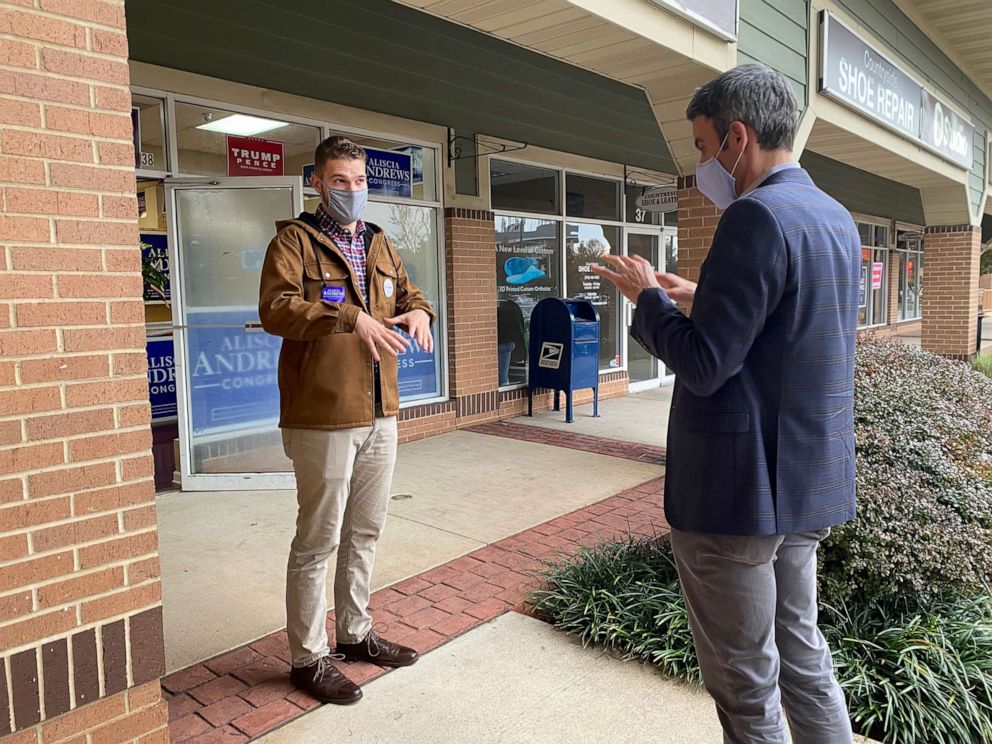
"This weekend we'll have over 100,000 doors knocked, well over 500,000 calls made," said Sean Rastatter, first vice chair of the Fairfax County Republican Committee in Virginia. "People are appreciative that, you know at this time of isolation, that we actually want to hear their voice at the door."
Rastatter said text messaging is still dominating on both sides. "It's cheap and easy," he said.
Isaac said progressives activists are using texts to encourage "relational messaging."
"We're asking them not only will you vote, but will you help your friends and your family vote? Are there three people who you can support to vote?" she said.
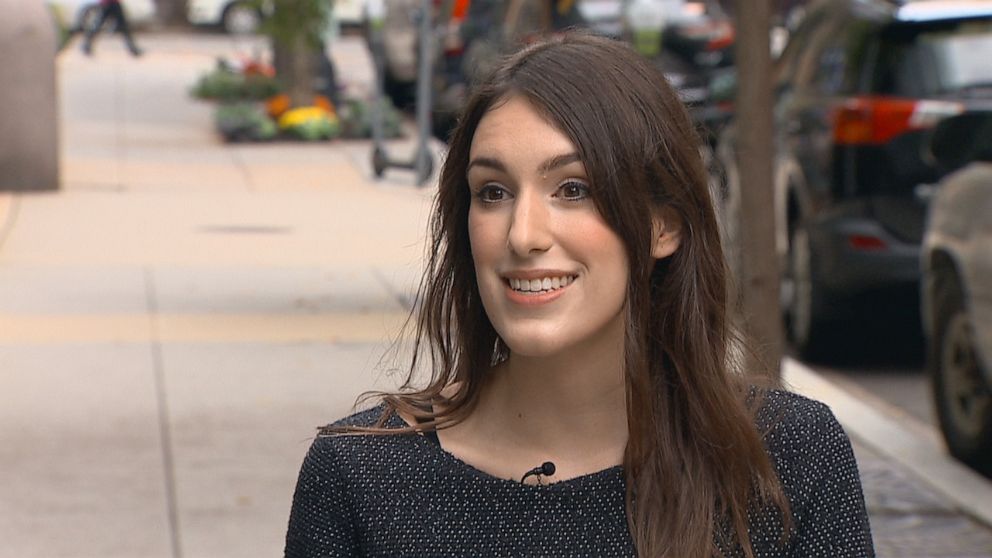
The onslaught of texts is expected to continue as both sides try to drive turnout. Experts say if you've already voted or are otherwise eager to get off the lists, simply text S-T-O-P in reply or use the "block caller" feature on your mobile device.
Or, you could just wait for the relative electronic silence that campaign operatives and political analysts agree is certain to come the day after Election Day.




